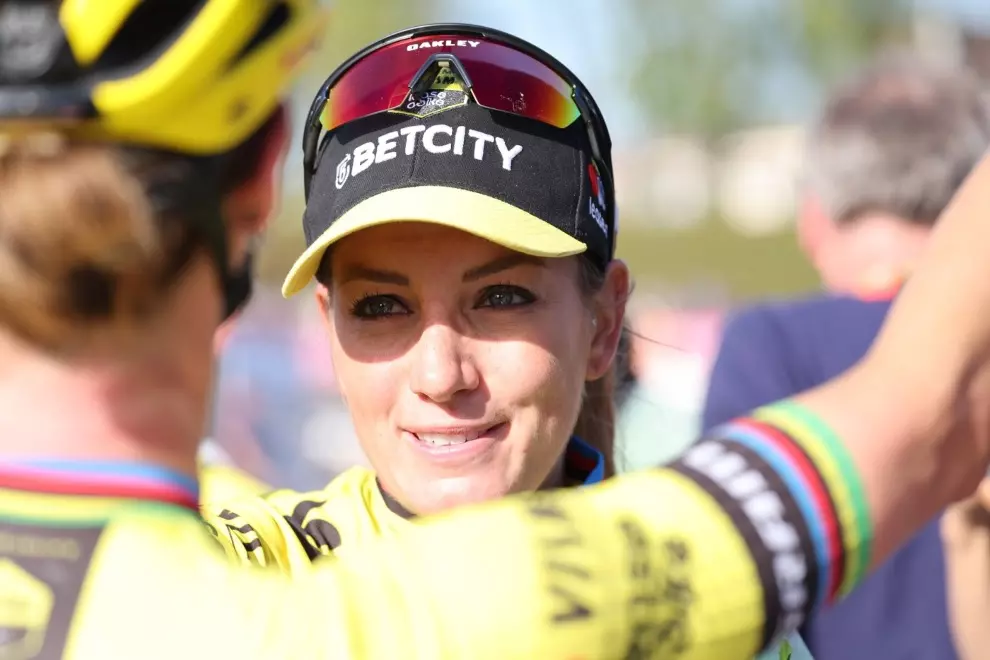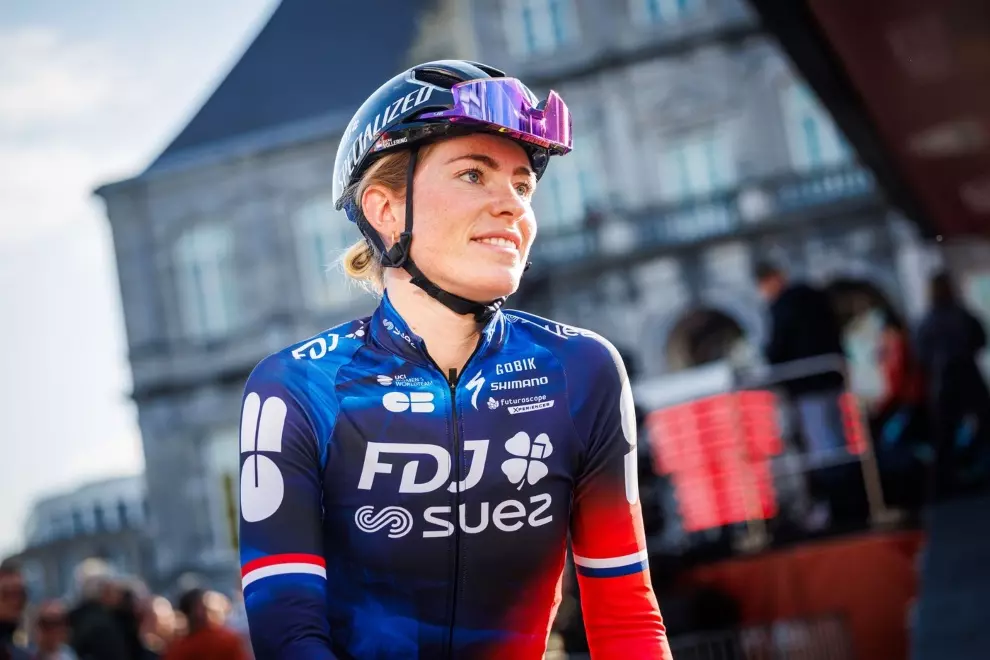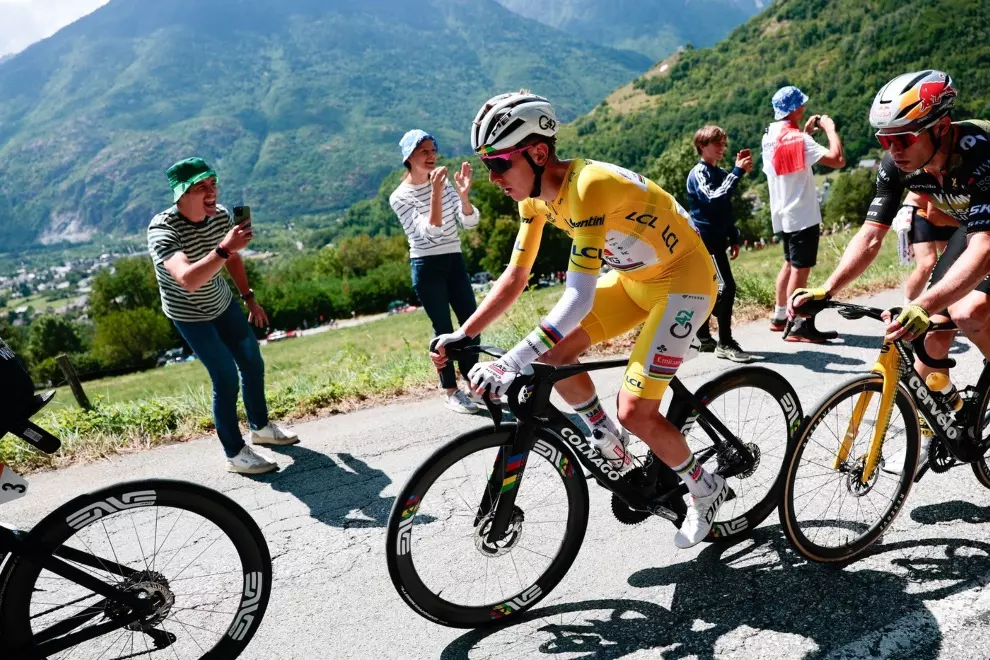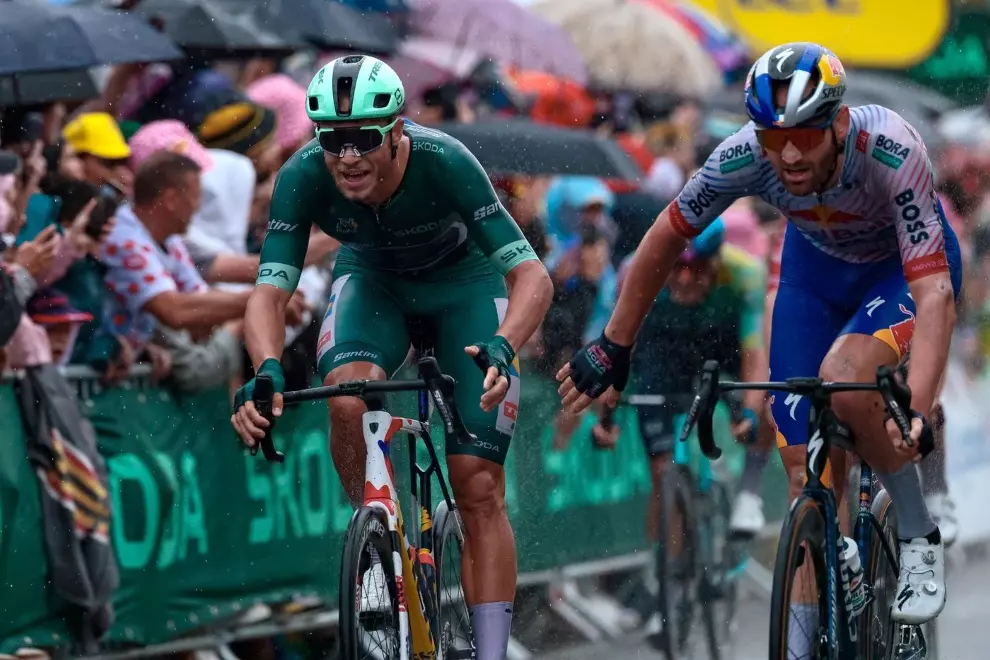Three days after that, on May 17, the team announced that four more of its riders – Jan Hirt, Josef Cerny, Louis Vervaeke and Mattia Cattaneo – had tested positive and were also dropping out of the Giro.
In a statement, Soudal–Quick-Step team doctor Toon Cruyt said, “After the positive of Remco on Sunday evening, we had two more riders who were feeling unwell on Monday morning, but were negative on antigen tests. Therefore a PCR test was carried out on the seven remaining riders, the results of which showed that the four guys were positive. We will continue to monitor and implement our testing protocol on the three riders and staff that remain at the race.”
Andrea Vendrame (AG2R Citroën) and Stefano Gandin (Corratec-Selle Italia) also tested positive and announced their withdrawals from the race on Wednesday.
But the Covid outbreak is a real disaster for Soudal–Quick-Step, which had come into the Giro with grand ambitions – Evenepoel was considered the favorite to win the maglia rosa – and it is becoming a crisis for the Giro itself, which has now had 34 riders drop out because of injury or illness, with almost two weeks still to race. Last year, there were a total of 27 withdrawals over the three weeks of the race.

Following Evenepoel’s withdrawal, organizers tightened the hygiene rules for the race, making facemasks compulsory again at such public gatherings as sign-ins, finish lines and anti-doping testing. The UCI had reduced COVID-19 rules at the start of the 2023 season, and teams and race organizers did as well. Riders no longer underwent obligatory testing before and during races, and such restrictions as the mandatory wearing of facemasks and social distancing were dropped.
Speaking to Gazzetta dello Sport, race director Mauro Vegni admitted that the Covid restrictions may have been relaxed too soon. “We dropped the focus a little too soon,” he said. “We will restore some restrictions that had been abolished, such as the obligation to wear masks in areas where you come into contact with riders, at the start and finish. There will be no restrictions on work, but anyone who wants to interact with the runners must wear a mask. Should we have done this sooner? Probably.”
Vegni went on the criticize Soudal–Quick-Step for not consulting with Giro officials before announcing Evenepoel’s departure from the race. “I confirm that there was no communication to the organizers [before Evenepoel’s announcement],” he said. “In this, they erred, the justification being that they panicked a little and didn’t have the presence of mind to follow a more regular protocol.”
He also suggested that there may have been more cases of Covid at the Giro than had been made public, saying: “I can’t swear that there haven’t been other cases that maybe were not declared.” Following the quadruple Soudal–Quick-Step departures on Wednesday, a total of 12 riders have so far abandoned the Giro because of positive Covid tests. In addition, three riders for Jumbo-Visma tested positive and had to be replaced just days before the race started.
The virus is just one of the misfortunes that have affected this year’s Giro. It has been plagued by terrible weather and heavy rainfall that has made roads treacherous and led to an unusually large number of crashes and injuries. In addition, organizers announced that the Category 1 climb to the Grand St. Bernard Pass (Passo Gran San Bernardo) in stage 13 has been annulled because of heavy snowfall and the risk of avalanche and that the peloton will instead ride through a mountain tunnel.
When it rains on this Giro, it really does pour.




